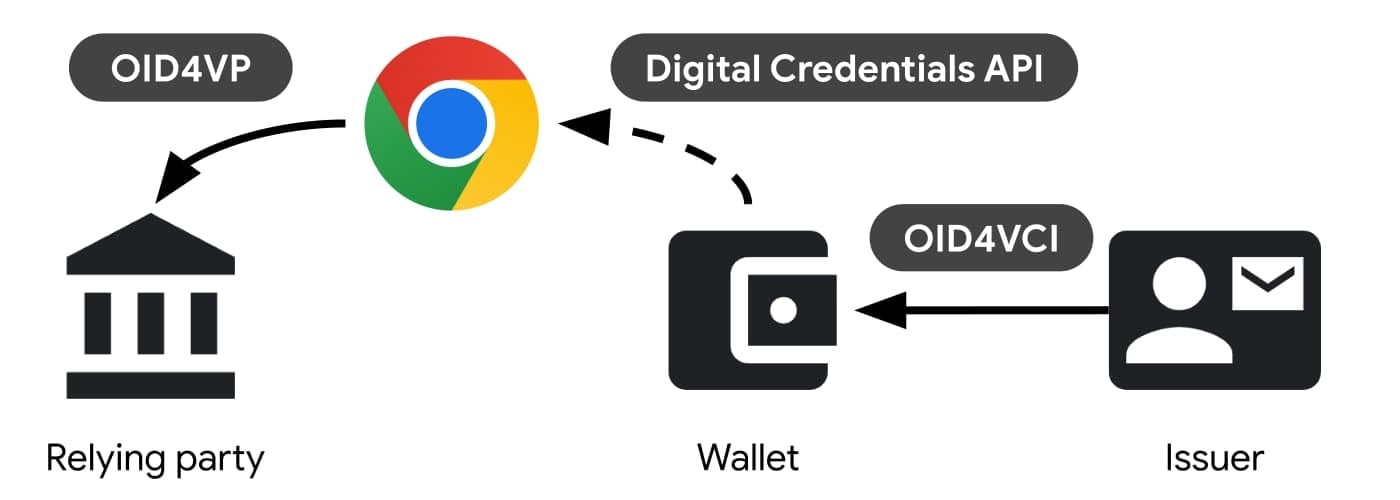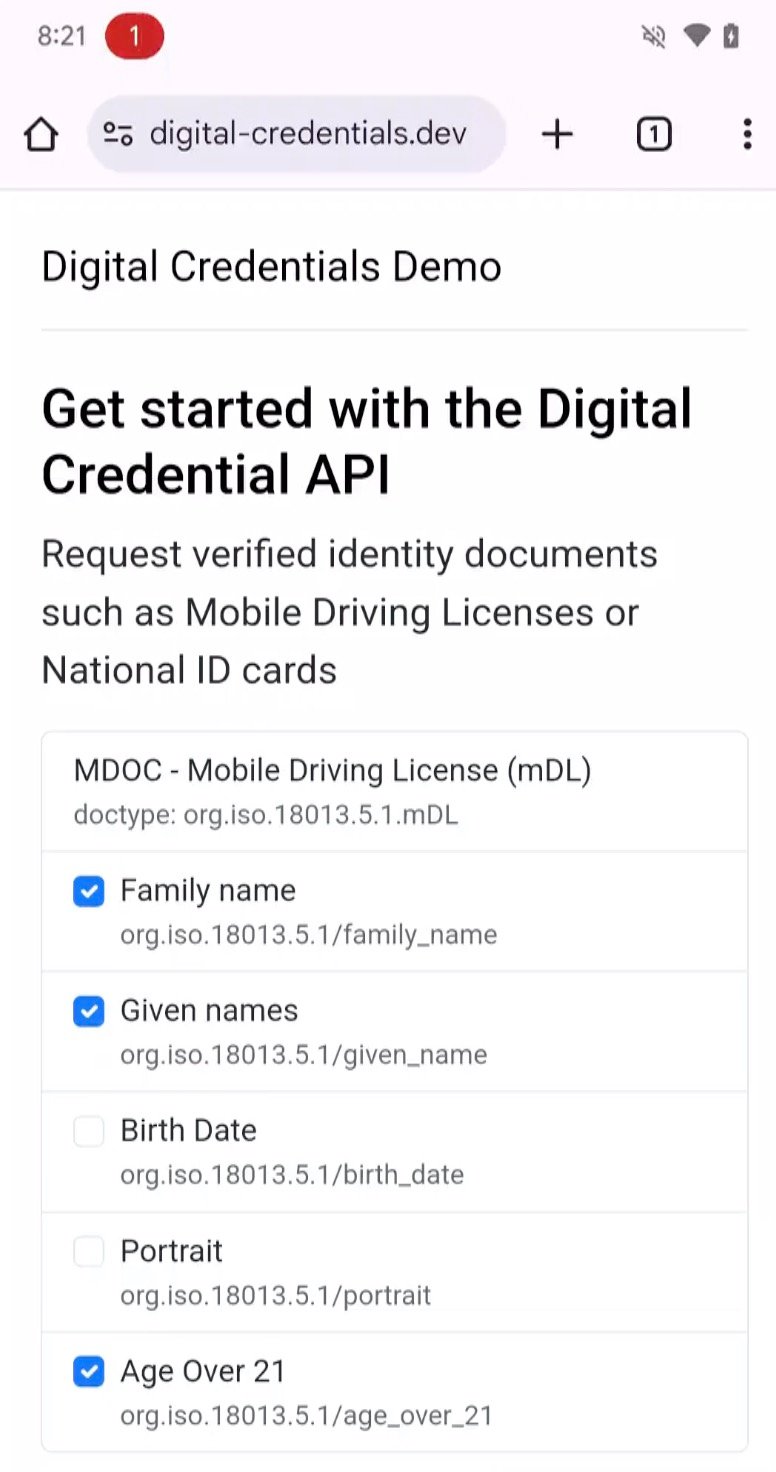The most widely used browser globally, Google’s Chrome, is gradually introducing one of the most controversial technologies in the world: digital ID.
Announced on the developer blog, the trial includes digital ID and credentials API and can be found on Chrome 128 (released last week for Android, and on Monday for the desktop).
The “origin trial” involves what Chrome developers say is a new web platform API (“Digital Credentials”). The goal is to let sites request verifiable information via digital credentials from a digital wallet (e.g., national ID card or driver’s license).
The post makes a note of the fact that apps like Google Wallet can be used for mobile driver’s licenses (mDLs) in a number of US states, California and Arizona among them. The article also mentions EU’s eIDAS 2.0 online verification efforts.

Google goes into some use cases for the credentials: age and identity verification (includes age or name and address). And, according to the same source, all this comes with “enhanced security and privacy.”
Google says it used “advanced” encryption and “strong” authentication methods for its new API, the “origin trial” of which will be limited.
One reason Google gives for these claims is that users can reportedly limit exactly what data is shared from their digital documents. An example of this, as per Google’s blog: “Whether a user is over 18 can be shared without revealing the user’s date of birth.”
The new API relies on OpenID, an authentication protocol developed by a foundation that has Google, Cisco, and Visa among its corporate board members, and individuals from Microsoft, Verizon, Capital One, etc., as “community” members.

This latest announcement comes after it became clear back in July that Google was fully on board with implementing digital ID use on its platforms and adding more types of digital documents to those the giant supports.
The process for the current API – which is first to be introduced on Android phones, and then on various desktops – is as follows: the browser sends relying parties (RP) requests to the (mobile) OS “which searches for a matching credential in installed wallet applications.”
“If any are found, the mobile operating system prompts the user to select one and sends the request to the user-selected wallet,” says Google.








